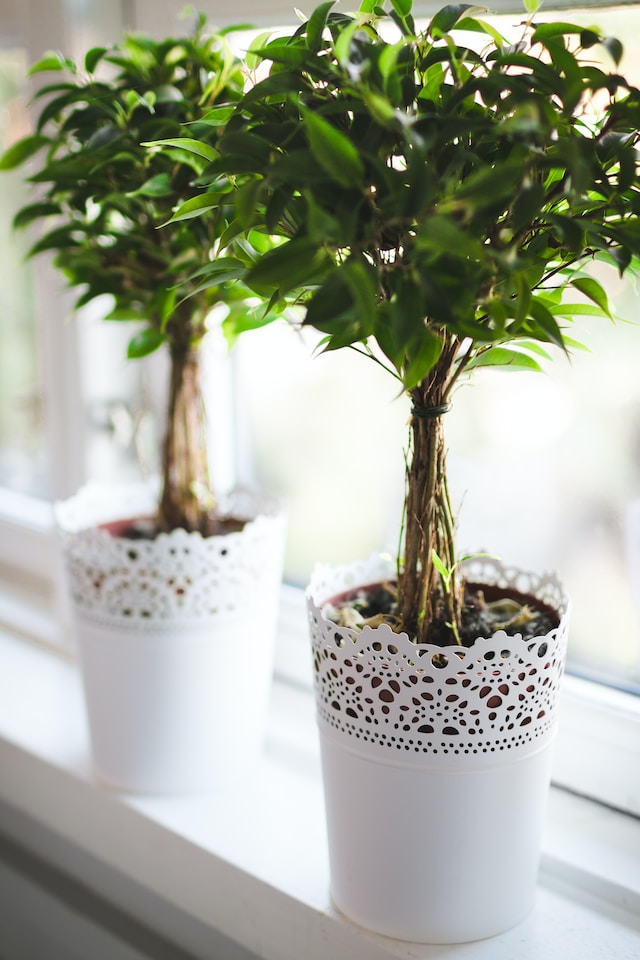Creating a Zen garden is a wonderful way to bring tranquility and serenity to your outdoor space. One of the key elements of a Zen garden is the careful selection of plants that contribute to the overall aesthetic and atmosphere. In this article, we will explore the considerations and guidelines for choosing the right plants for your Zen garden.
1. Embrace Simplicity
Zen gardens are known for their simplicity and minimalism. When selecting plants, opt for those with clean lines and a restrained color palette. Avoid plants with overly complex or busy foliage. Instead, choose plants with simple, elegant forms that will complement the overall Zen aesthetic.
2. Focus on Texture
Texture plays a crucial role in Zen gardens. Incorporate plants with varying textures to create visual interest and tactile experiences. Consider plants with smooth leaves, rough bark, or delicate flowers. The contrast between different textures will add depth and dimension to your garden.
3. Consider Evergreens
Evergreen plants are an excellent choice for Zen gardens as they provide year-round greenery and maintain a sense of tranquility even during the winter months. Japanese maple, bamboo, and pine trees are popular choices for their graceful forms and ability to withstand different climates.
4. Choose Native Plants
Selecting native plants for your Zen garden not only ensures their adaptability to the local climate but also promotes biodiversity and supports the ecosystem. Native plants are often low-maintenance and require less water and fertilizer, making them environmentally friendly choices for your garden.
5. Create Balance
Balance is a fundamental principle in Zen philosophy, and it should be reflected in your plant selection. Aim for a harmonious blend of tall and short plants, as well as a mix of vertical and horizontal elements. This balance will create a sense of equilibrium and tranquility in your garden.
6. Incorporate Water Elements
Water features, such as ponds or small streams, are common in Zen gardens. When choosing plants, consider those that thrive in moist conditions or can be planted near water features. Water lilies, lotus flowers, and ornamental grasses are popular choices that add a serene touch to the garden.
7. Mindful Maintenance
Before finalizing your plant selection, consider the maintenance requirements of each plant. Zen gardens are designed to be low-maintenance, so choose plants that are easy to care for and do not require frequent pruning or watering. This will ensure that your garden remains a peaceful retreat without becoming a burden.
In conclusion, choosing the right plants for your Zen garden is essential to create a harmonious and tranquil space. Embrace simplicity, focus on texture, consider evergreens and native plants, create balance, incorporate water elements, and prioritize mindful maintenance. By following these guidelines, you can create a Zen garden that brings peace and serenity to your outdoor oasis.




